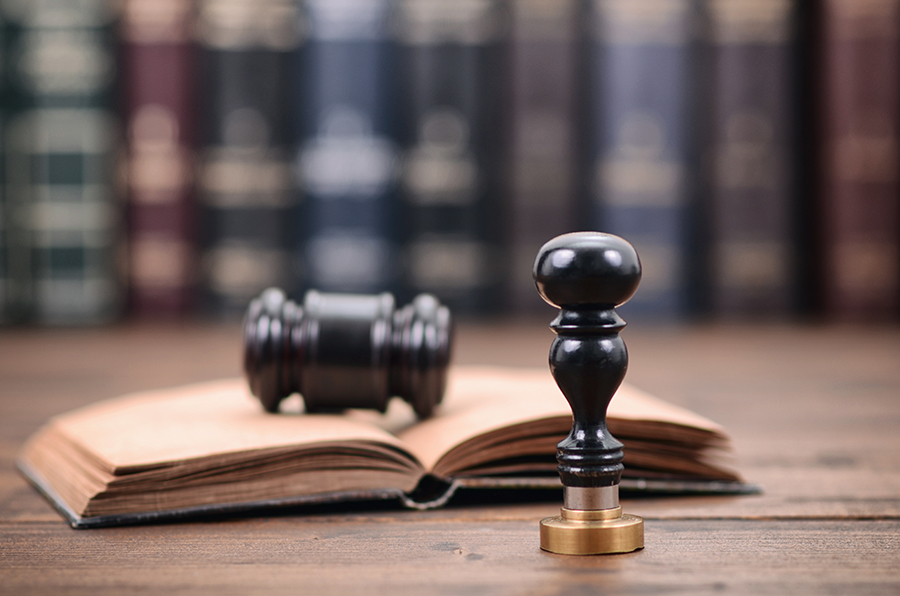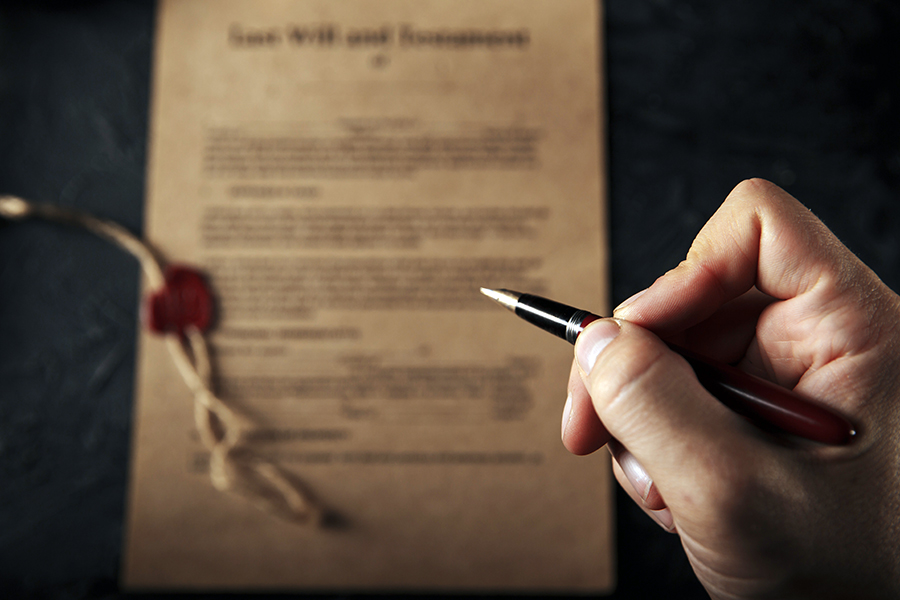 Unless you have limited assets and can get by with a simple will, you need an estate plan that includes several documents to ensure that your assets are distributed the way you desire, and your other wishes are fulfilled, all with minimal court intervention.
Unless you have limited assets and can get by with a simple will, you need an estate plan that includes several documents to ensure that your assets are distributed the way you desire, and your other wishes are fulfilled, all with minimal court intervention.

Estate planning should be performed to save as much as possible to flow to your family and heirs when they may need it the most. It is your legacy and promise to them.

Some people believe that creating a will and naming and executor keeps their estate and real property out of probate. In fact, the probate court supervises the administration of a will after a person is deceased.

At every stage of life, estate planning plays an important role in providing for your family after death and managing your assets while you are living.

Whenever someone dies without a will, the rules of intestate succession take over. Nearly every jurisdiction uses these rules to try to emulate what would happen if a will did exist. In most cases, the property owned by the decedent flows down to any of his or her surviving heirs.

Estate planning involves making arrangements for one's assets prior to death or incapacity. To create an effective estate planning strategy you must account for tax and non-tax related matters. It's important to work with an estate lawyer who can help you with the end of life legal process.

It's no secret that everyone prefers to save money. This is perfectly fine when you are talking about groceries, auto repairs or vacation deals. However, there are some areas where frugality doesn't pay off in the long run: The law is one of them.

When you receive an inheritance, it can seem like your lucky day. Yet, you may find that your luck runs out when the IRS becomes involved. It can come as a surprise to some that an inheritance is subject to taxation. This includes property received through a transfer on death account. As a creator or recipient of a transfer on death account, there are some important considerations.

If you have been named the executor of the estate, you likely have a number of different duties on your plate. In fact, the process can become a little overwhelming at times. Yet, there are certain things that need to be done. One such task is to obtain a death certificate for the deceased. At first, this may seem like a trivial task, but there are some important legal ramifications if you fail to take this step. Learn why you need to take immediate action to get a death certificate in accordance with estate law.
One of the things that people hold dear is the welfare of their families. Everyone wants to know that their loved ones will be taken care of upon their death. Estate law is the entire system dedicated to taking care of that process.
Planning for the future is a crucial aspect of life, and a key component of this planning involves making provisions for your assets and healthcare decisions.
Wills, trusts, living wills, and power of attorneys are essential legal tools that individuals can use to ensure their wishes are carried out. While all of these elements they share the common goal of asset distribution and decision-making, each serves a unique purpose. In this blog post, we'll delve into the differences between wills, trusts, living wills, and power of attorneys.
When it comes to estate planning, understanding what assets comprise your estate and how a lawyer can assist you is crucial. Proper estate planning ensures that your wishes are honored and that your loved ones are taken care of after you’re gone. Here, we'll explore what assets typically go into an estate and the ways in which a lawyer can provide invaluable assistance in managing and planning your estate.
Choosing the right executor for your estate is a critical decision when planning for the future. In Utah, as in other states, the executor will be responsible for managing your estate after you pass away, ensuring that your final wishes are carried out, and handling any legal, financial, or personal matters related to your estate. Selecting the right person or institution for this important role can help ensure a smooth and stress-free process for your loved ones. Here are some key factors to consider when choosing the right executor for your estate in Utah.
 Unless you have limited assets and can get by with a simple will, you need an estate plan that includes several documents to ensure that your assets are distributed the way you desire, and your other wishes are fulfilled, all with minimal court intervention.
Unless you have limited assets and can get by with a simple will, you need an estate plan that includes several documents to ensure that your assets are distributed the way you desire, and your other wishes are fulfilled, all with minimal court intervention.






